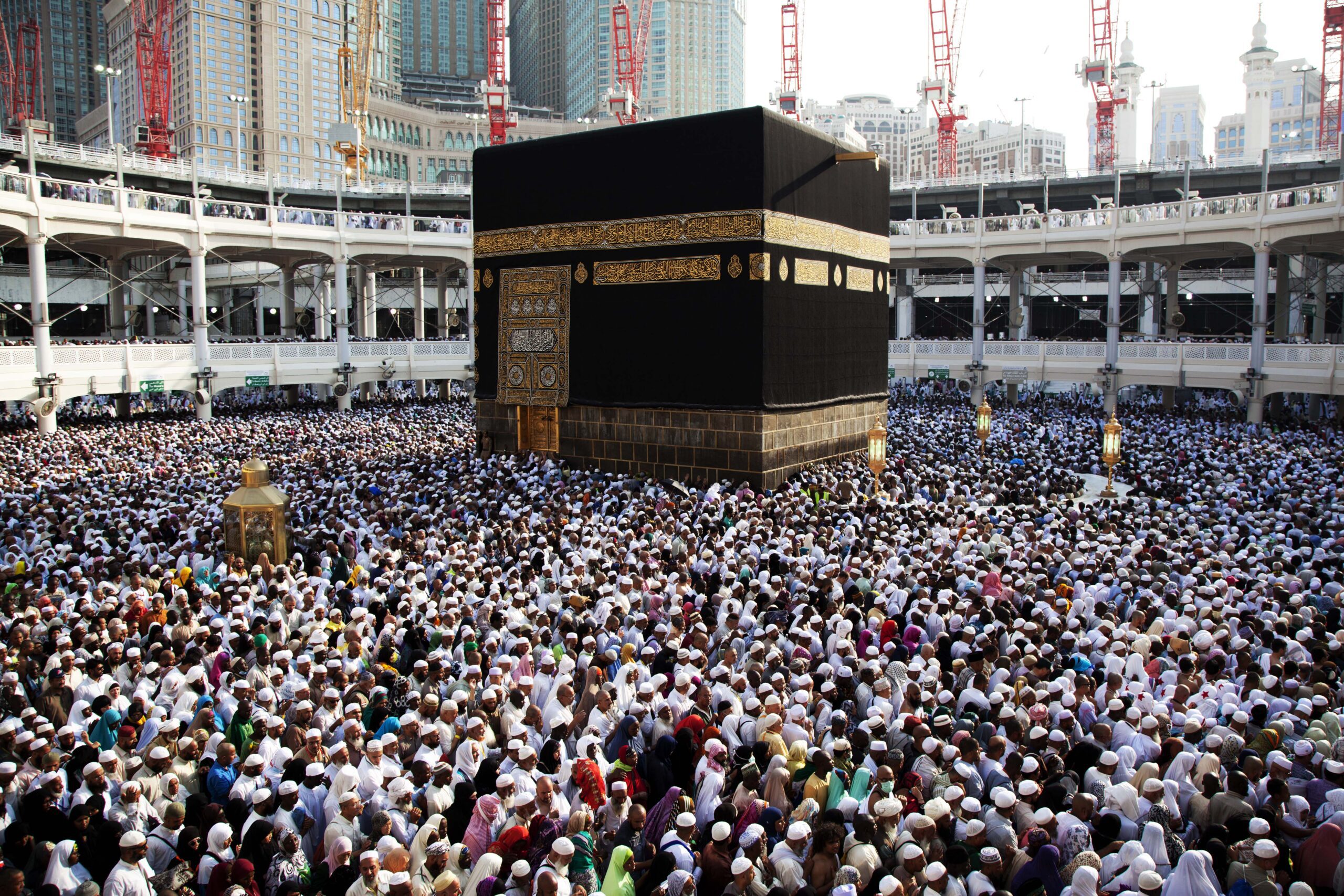Mosque vs. Masjid: Introduction

Two terms that come up a lot while considering about Islamic places of worship are “mosque” and “masjid.” Despite their apparent similarity, these terms have subtle differences that represent the language and cultural variety of the Muslim population worldwide. The present discourse aims to examine the commonalities between “mosque” and “masjid” in a conversational manner that is easily comprehensible to a broad readership.
Table of Contents
1. Overview
Although both “mosque” and “masjid” relate to places of worship in Islam, the terms’ choice can provide important insights into the language, culture, and identity of the Muslim community.
The Origins of “Mosque” and “Masjid”
Both “mosque” and “masjid” share a common origin in the Arabic word “masjid.” The use of “mosque” in English-speaking regions reflects the adaptability of the Islamic belief as it spread across the world. “Masjid” remains the term used in Arabic-speaking countries, connecting them to their rich religious heritage.
2. Usage in Different Regions
The preference for “mosque” in English-speaking areas and “masjid” in Arabic-speaking regions showcases the impact of language and culture on religious expression. it’s about identity and tradition.
3. Cultural and Linguistic Significance
Choosing between “mosque” and “masjid” often goes beyond linguistic preference. It reflects cultural nuances and regional affiliations within the Muslim community. Some communities intentionally use “masjid” to maintain a connection with their cultural roots, while others embrace “mosque” to adapt to their adopted cultures.
Check out this video what happend inside mosque
https://www.youtube.com/watch?v=-TWCduCWI34&pp=ygUQbW9zcXVlIHZzIG1hc2ppZA%3D%3D
4. Common Misconceptions
A common misconception is that “mosque” and “masjid” represent different types of places of worship.. Actually, their goals are the same: to give Muslims a hallowed place where they can pray, pursue spiritual development, and establish a closer relationship with Allah.
5. A Shared Purpose
Regardless of the terminology used, “mosque” and “masjid” fulfill a universal purpose. They are places of unity, spirituality, and devotion, welcoming people from diverse backgrounds.
6. Effect on Islamic Communities Around the World
The coexistence of “masjid” and “mosque” in different regions of the world is indicative of the diversity found within the Muslim population worldwide. It is evidence of Islam’s tenacity and adaptability, as it flourishes in many linguistic and cultural situations.
7. The Power of Language
Languages adapt to the concept of Islamic worship, resulting in the use of both “mosque” and “masjid” within bilingual communities. This linguistic flexibility mirrors the dynamic nature of language and its role in religious expression.
8. Community Preferences
Community preferences often stem from historical ties and regional affiliations. The choice of terminology can influence a community’s identity and its connection to its faith.
9. Synonyms in Different Languages
In various languages, alternative words exist for “mosque” and “masjid.” This linguistic diversity underscores the universal nature of Islamic worship, which transcends linguistic boundaries.
10. Modern Usage
In today’s globalized world, media and the internet influence linguistic preferences. The choice between “mosque” and “masjid” in the modern context reflects evolving trends in language use.
11. Promoting Interfaith Relations
The terminology used in interfaith dialogue can impact how different religious communities perceive each other. Understanding the significance of “mosque” and “masjid” can foster mutual respect and dialogue.
12. Social Media’s Function
The internet, and social media in particular, is a major influence on speech and language. People’s perceptions of these terms are influenced by language trends and preferences reflected in online debates.
Conclusion
In conclusion, “mosque vs. masjid” is a reflection of the global Islamic community. Regardless of the terminology chosen, the shared purpose of these places remains unwavering, providing a sanctuary for prayer and spiritual connection in a complex and diverse

